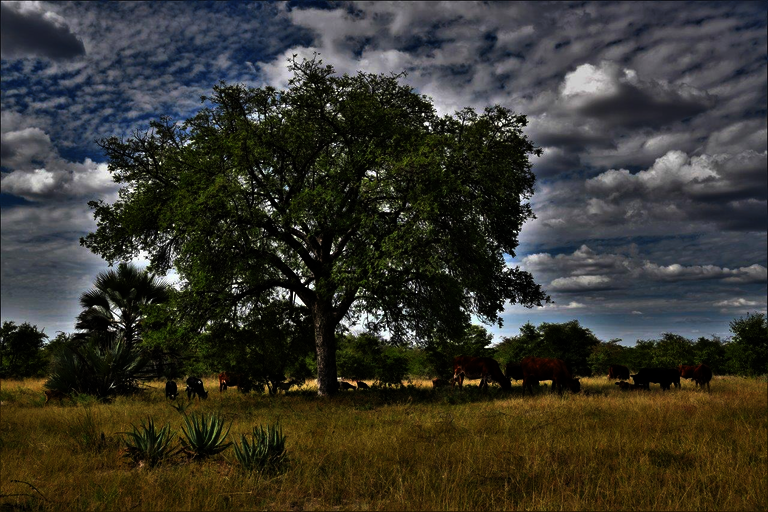In early 2023 the BioInnovation Africa project entered its second phase to foster equitable European-African business partnerships that contribute to the conservation and sustainable use of biodiversity. Fourteen project proposals submitted by African and European private sector companies have been selected for fostering biodiversity-based value chains Namibia, Cameroon, Madagascar, and South Africa over the next two years.
Nine of those continue and consolidate activities launched during the first phase of the BioInnovation Africa project, whereas five new partnerships have been initiated following the project’s open call for expressions of interest earlier this year. The partnerships cover a wide range of sectors and products, such as biodiversity-based cosmetic products, pharmaceuticals, flavours and fragrances, and are based on high ethical, social, and environmental standards. The BioInnovation Africa project supports the project partners in meeting national and international market requirements and improving their supply chain management.

Activities in Namibia
In Namibia for instance, the BioInnovation Africa project supports a partnership between the Eudafano Women’s Co-operative, Aldivia, Gustav Heess Group and The Body Shop, which is a British cosmetics and skin care company. The objective of this partnership is to strengthen the marula oil supply chain by improving quality assurance, management skills, productivity, and certification. Marula (Sclerocarya birrea subsp. Caffra) can be used as an ingredient for food, beverage and cosmetic products.
In another project, GIZ partners with the Namibia Nature Foundation and Blue Sky Botanics to conduct research and development on the use of the Silver Cluster Leaf (Terminalia sericea). The overall goal of this project is to develop commercial opportunities and drought-resilient livelihoods for smallholders in Conservancies applying Community-Based Natural Resource Management. This partnership aims at identifying and developing new botanical ingredients, establishing a supply chain, and creating opportunities for value addition and benefit sharing at the local level.
Showcasing a third example, the BioInnovation Africa project, Givaudan Naturals France, the Namibian Devil’s Claw Exporters Association Trust and the Namibia Network of the Cosmetics Industry joined forces to scale up fair and sustainable trade of Harpagophytum procumbens and H.Zeyheri, commonly known as ‘Devil’s Claw’. This, among others, includes piloting and rolling out the new national Good Agricultural and Collection Practices (GACP+) standard and aligning the use of Devil’s Claw with national requirements for access and benefit-sharing.
Activities in Cameroon, Madagascar, and South Africa
In these countries the BioInnovation Africa project supports eleven other partnerships, around the use of buchu, rooibos, honeybush, beeswax, and ginger among others. Each partnership advances the collaboration between local producers, cooperatives, small and medium-sized enterprises, and European buyers, such as Weleda, V Mane Fils, or Martin Bauer. Most recently, a collaboration between Grounded, Commonland, and Simon Levelt has been initiated. This partnership plans to enhance the export readiness and the sustainability of harvesting practices for dried herbs and honeybush in South Africa.
Modes of support
The BioInnovation Africa project supports the partnerships through grants, local subsidies, service contracts, events, and advisory support. In selected biodiversity-based supply chains, the BioInnovation Africa project’s implementing partner, The Union for Ethical Biotrade, conducts field assessments and fosters the development of responsible sourcing improvement and biodiversity action plans.
In addition to partnership support, the BioInnovation Africa project strengthens national support capacities and improves biodiversity conservation and the participation of the local population in benefit-sharing agreements. Thereby, the project aims at improving working conditions and developing entrepreneurial capacities along value chains, strengthening local capacities to meet market requirements and address market barriers, and fostering the conservation and sustainable use of biodiversity.
November 2023